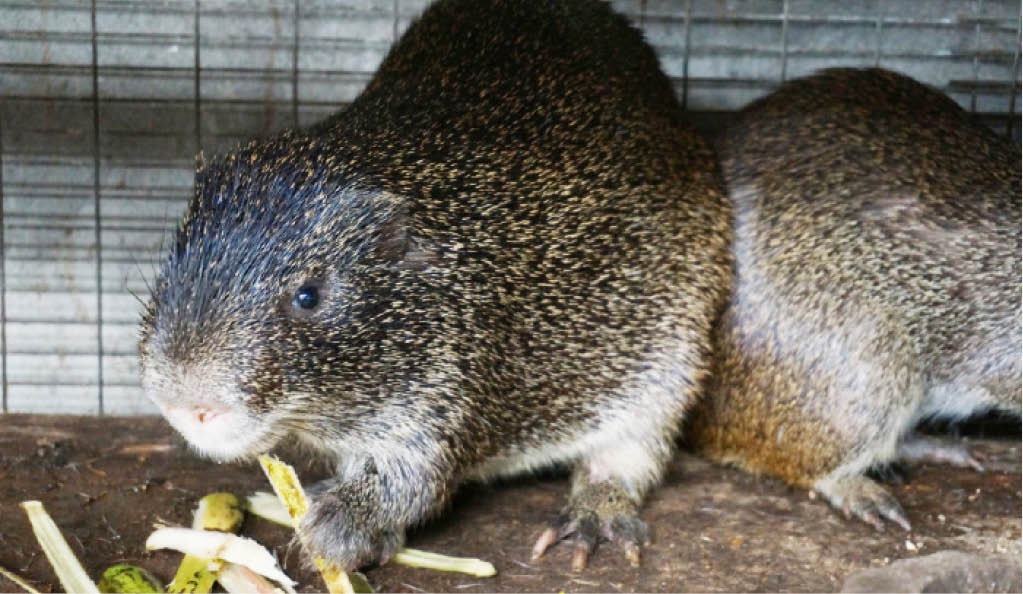Grass-cutter production can improve Nigeria’s economy, protein intake – Animal scientist
An animal scientist, Dr Yemi Popoola, has reaffirmed the capacity of grass-cutter production to improve Nigeria’s earnings. Popoola of the Institute of Agricultural Research and Training, Ibadan, spoke with the News Agency of Nigeria (NAN) in Ibadan. He said the grass-cutter is also a good source of protein. What bandits commanders told me in Zamfara […]

An animal scientist, Dr Yemi Popoola, has reaffirmed the capacity of grass-cutter production to improve Nigeria’s earnings.
Popoola of the Institute of Agricultural Research and Training, Ibadan, spoke with the News Agency of Nigeria (NAN) in Ibadan. He said the grass-cutter is also a good source of protein.
- What bandits commanders told me in Zamfara forests Sheikh Gumi
- Top bandits commander, Buharin Daji, to lay down arms soon Matawalle
Popoola said a grass-cutter farm could easily be located at one’s backyard with a small capital.
According to him, grass-cutter farming is profitable because of its social acceptability, meat quality, inexpensive feed resources, amenability to captive rearing, good litter size and short generation interval.
“The grass-cutter, popularly called bush meat, is highly acceptable in Nigeria as there’s no restriction to its consumption. Its meat fetches higher prices than domestic animals. They commonly weigh 6-7 kilogrammes in captivity and can attain weights up to 10 kilogrammes in the wild.
They are heavily built rodents with bristly brown fur, speckled with yellow or grey.
Females can give birth to two or four young ones at least once a year, while cane rats are sexually mature and able to reproduce at six months,” Popoola said.
He added that the current acute shortage of protein in Nigeria and the rapidly increasing demand for livestock products could be solved through the production of grass-cutter meat.
“The meat is a delicacy in Africa and Nigeria. The demand for it is greater than the supply; hence its price is higher than that of other livestock,” Popoola said.
